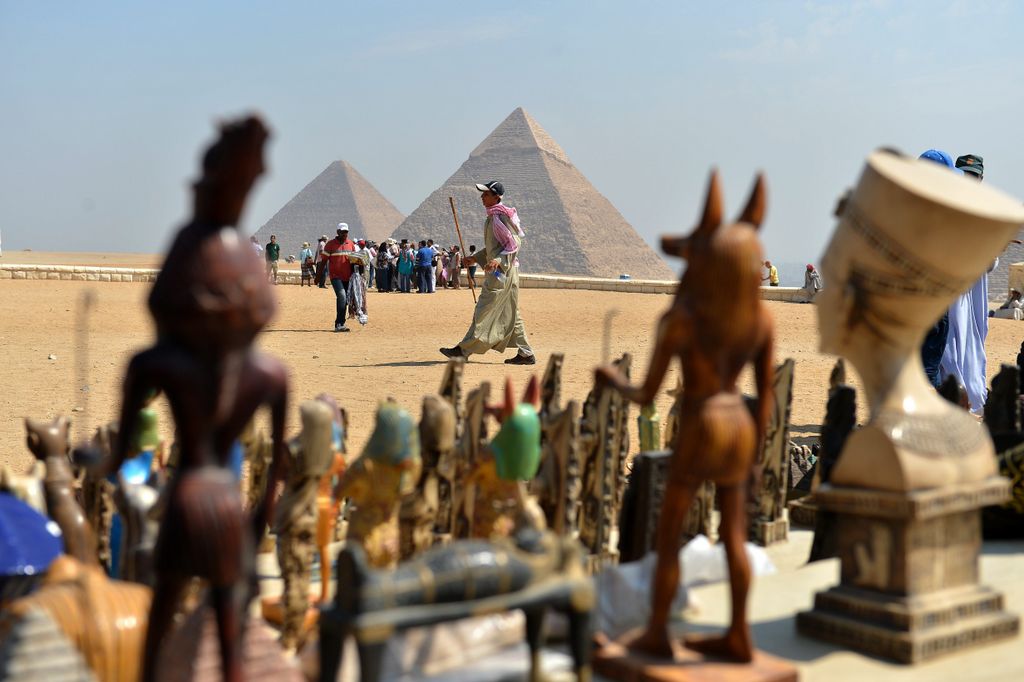Officials at Hilton Group said that performance indicators are recovering as Egypt and Turkey revive their tourist market. They noted that occupancy grew by 20% since the beginning of the year.
Carlos Khneisser, Hilton’s vice president of development for MENA and Turkey, said that the Egyptian economy is seeing the currency stabilise, along with the inauguration of the New Administrative Capital, the expansions in the North Coast and Alamein, and the developments in Ain Sokhna, all of which should attract investments to Egypt, in addition to stimulating tourism and hotel activities.
He added that the market in Egypt is seeing high demand from big investors on three and four star hotels.
He pointed out that Hilton has several areas to rely on, especially in Greater Cairo in areas such as the Airport, Heliopolis, and New Cairo, and has a number of good brands that were introduced to the local market.
“There are always good and bad times,” he said commenting on the performance of the group during the Arab Spring and the turmoil that followed. “Hilton signs its contracts to manage hotels for five and ten years. Nobody can guarantee stable performance, where we adapt with the changes in the region.”
He added that the group in Egypt did not seek working capital from the parent group to cover its operations in Cairo during and after the revolution, but rather managed to cope with the new circumstances.
Moreover, Khneisser explained that in tough times, the company puts plans to rationalise costs and working capital without shutting down or closing hotels. He added that the group has vast experience in crisis handling, noting that Iraq could be a promising region if security and politics stabilise there, along with Tunisia, Syria, and Libya.
“When Hilton manages any hotels; its main concern is always the safety of guests and employees – which is the most prominent element for success,” he stressed.
He pointed out that the group sets different policies for different countries in the region, which are different, depending on the nature of the situation, whether political, security or economic, and then begins to choose the most appropriate way to adapt to the status quo, and establish this method based on knowledge and predict the duration of the crisis in that country.
He added that Hilton usually operates establishments on behalf of the owners, therefore, it must take certain measures to keep assets safe.
Khneisser also said that the company is in talks with Al-Tayyar Travel Group regarding the latest developments in the establishment of the hotel that Hilton agreed to manage in Ain Sokhna. As for the expected hotel in Port Said, he said that the project will be implemented as part of a huge real estate project named Tower Bay thatincludes a mall as well as residential units.
Khneisser said that the group is managing 17 hotels in different areas in Egypt through the Hilton, Double Tree, Conrad, and Garden Hilton brands. The group plans to complete seven new hotels until 2022 under a new brand, as the local market begins adapting to new brands, including DoubleTree and Hilton Garden Inn.
He noted that the Waldorf Astoria Hotels & Resorts brand can have a market in Egypt amid the high demand and the existing similar brands in the market that offer the highest quality service with most efficiency. He added that the group plans to introduce this brand to Egypt but is waiting for the right location and the right owner.
Hilton’s VP of Operations for Egypt and North Africa Mohab Ghali said that they changed the inflow components in Sharm El Sheikh hotels, with 40% reliance on Egyptian guests, next to Lebanon, Jordan, Ukraine, and Germany, which achieved 20% growth in occupancies since the beginning of the year compared to 2016.
He noted that the sector as a whole has been recovering in 2017, especially in Hurghada and Marsa Alam. He said that 2018 is expected to see a strong tourist demand as new segments of tourists from China and India emerge.
He explained that Italians began to change the map of their favourite areas inside Egypt, as many of them prefer to be in the city of Marsa Alam now.




